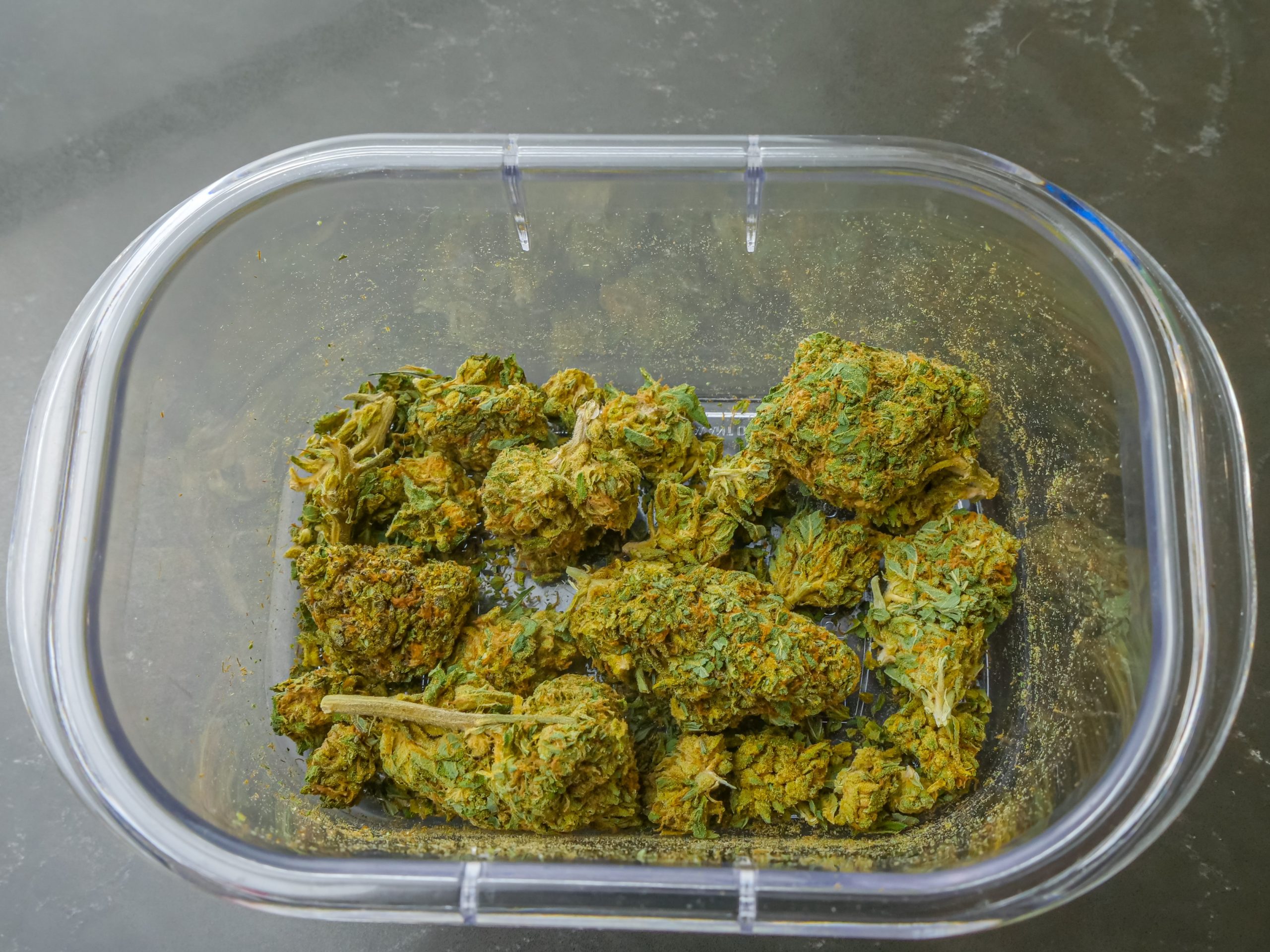
New research on Canada’s regulated cannabis market has shed light on consumer preferences and their impact on marijuana sales. The study, set to be published in the Journal of Studies on Alcohol and Drugs, explores the relationship between consumers’ proximity to government-regulated cannabis stores and their purchasing decisions.
The research found that Canadian cannabis users living within 3 kilometers (approximately 1.9 miles) of the nearest regulated marijuana retailer were more likely to buy from legal stores and less likely to obtain cannabis from regulated websites. The study’s lead researcher, Elle Wadsworth, a senior analyst with Rand Europe, suggests that having a store nearby significantly increases the likelihood of customers choosing the legal market.
Convenience emerged as a crucial factor influencing Canadian cannabis users, highlighting the importance of store location for retail chains. Michael Armstrong, an associate business professor at Brock University, noted that understanding the three-kilometer effect could help retailers plan their store locations more effectively.
The research analyzed data from over 15,000 Canadian cannabis users between 2019 and 2021, following the legalization of recreational marijuana in Canada in October 2018. It examined various sources of cannabis, such as regulated and illicit stores, websites, dealers, and home production.
Interestingly, the study showed that the number of regulated marijuana stores had a diminishing effect on consumers’ choices, as long as there was at least one store in close proximity. The research compared Alberta, with its high density of private-sector cannabis retail stores, to Quebec, which had a government-owned retail monopoly. Despite a significant difference in the number of stores, the impact on legal purchases was relatively similar between the two provinces.
The study also revealed that respondents lived closer to regulated marijuana stores in 2021 compared to 2019, likely due to the increase in adult-use marijuana stores across Canada during that time. Additionally, regulated stores became the primary source of cannabis in 2020 and 2021, overtaking family and friends as the main providers.
The research findings are essential for the cannabis industry, as they confirm the positive association between consumer proximity to regulated stores and their likelihood of making legal purchases. The study’s insights could assist businesses in making strategic decisions about store locations, while also informing government policies related to cannabis legalization.
Although the three-kilometer distance is significant, it should not be considered an absolute threshold, with factors like store density and profitability also playing crucial roles in the cannabis retail landscape. As of April 2023, Canada boasted over 3,740 regulated cannabis retail outlets across its provinces and territories, with Alberta leading in terms of the number of stores per capita.
Cannabis Business Takeaways:
- Location Matters: The study underscores the value of convenience for Canadian cannabis users. Cannabis retailers should consider the significance of proximity to potential customers when planning their store locations. Understanding the three-kilometer effect can help retailers target areas with higher potential for legal market sales.
- Focus on Proximity: The research highlights the diminishing effect of increasing the number of stores beyond a certain threshold. While having multiple stores is beneficial, having at least one store very close to customers seems to be sufficient to drive legal market purchases. Retailers should prioritize optimizing store placement in high-density areas.
- Government Policy Implications: Policymakers can use this research to shape regulations and store licensing in the cannabis industry. By understanding the impact of proximity on consumer choices, governments can encourage legal cannabis sales by strategically distributing regulated stores in areas where illicit sales are prevalent.
- Monitor Market Changes: The study revealed that the number of regulated marijuana stores increased between 2019 and 2021, leading to more customers sourcing from legal outlets. Cannabis businesses should stay informed about market changes and trends to adapt their strategies accordingly.
- Continuing Shift to Legal Market: The research indicated a higher proportion of respondents sourcing cannabis through regulated channels in 2021 compared to 2019. This suggests an ongoing shift towards the legal market. Cannabis businesses should continue to provide high-quality products and services to attract more customers away from the illicit market.
Moreover, the research shows that legal recreational cannabis sales in Canada increased by 17.9% in 2022 compared to the previous year, reaching a total of 4.52 billion Canadian dollars ($3.4 billion). These figures indicate a growing trend toward legal cannabis purchases, in line with one of the objectives of Canada’s recreational cannabis-legalization law.
Source: Mjbizdaily
EXPLORE MORE NEWS
Newsletter




